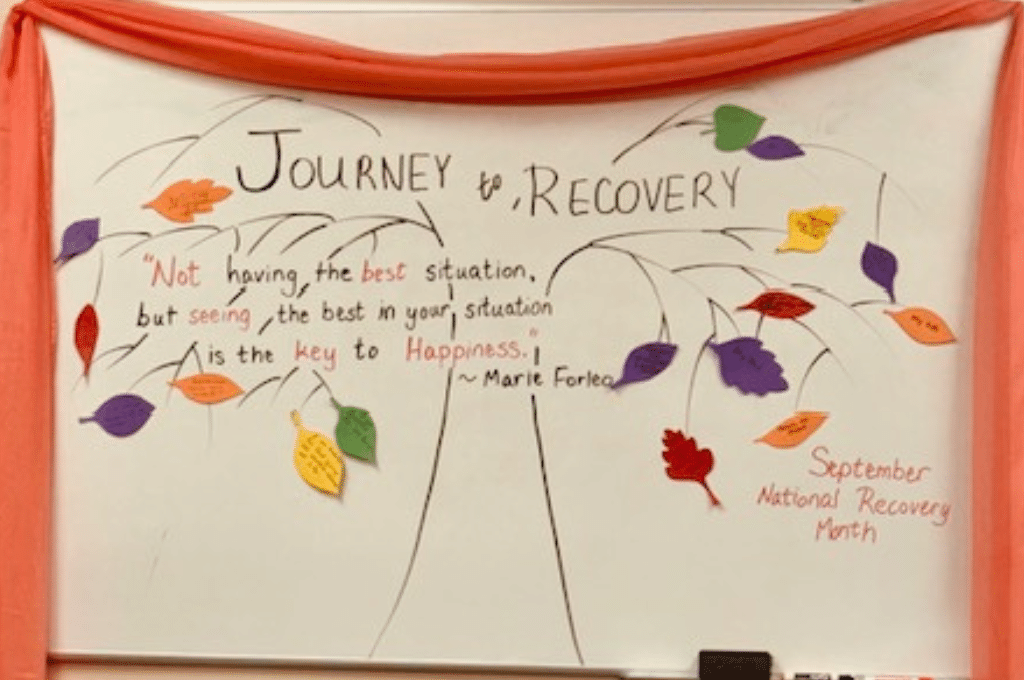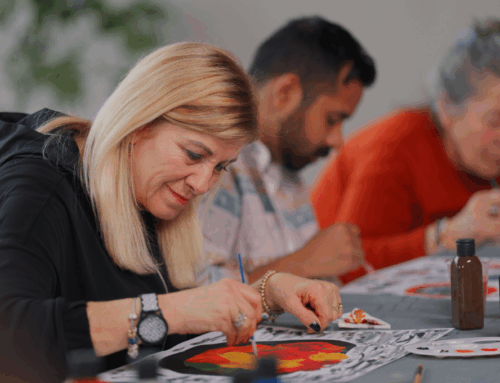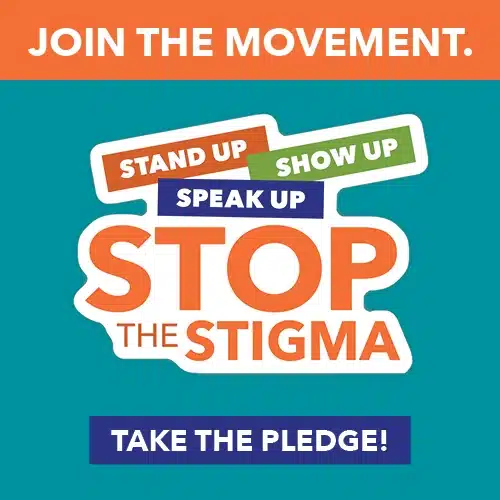What does Gratitude have to do with it?
by Sharon Joag, LSW, MSW, Psychotherapist at Oaks Integrated Care Outpatient Services
“Not having the best situation, but seeing the best in YOUR situation is the Key to Happiness.” – Marie Forleo
The month of September is Recovery month in the United States, and was established by the Substance Abuse and Mental Health Services Administration (SAMHSA) in 1989.

The word journey literally means “a long trip”, where one physically travels to another country or to another continent. A physical journey can be personally transformative, changing an individual’s perspective on life, which in turn can lead to personal growth and development. But journey is also a metaphor which signifies a personal life experience, and which might not involve physical travel, but a significant experience which is challenging, long, and results in mental and maybe even physical change.
Having a groundwork of gratitude, and shrouding the entire journey to recovery in a blanket of gratitude will make the journey so much more enjoyable. It will make obstacles seem temporary and it will foster, all on its own an attitude focused on problem-solving instead of a defeatist attitude. As therapists, we can do our part by encouraging an outlook of gratitude; by making sure that small accomplishments are highlighted and don’t go unnoticed. In between sessions, asking a client to create a gratitude list, and reflecting on positive progress can help a client to develop a positive outlook.
The first step in this journey is focusing on things that an individual can control. This is important since it is impossible to control everything. Focusing on the things that can create happiness, and allowing people who are supportive to enter into that personal process can create a smooth journey.
Reflecting on events along the journey is important to help identify triggers and situations that can make the individual unwell. Starting a mood diary is a valuable tool to process an event that caused stress or feelings of being unwell. Asking questions like:
- What happened just before you felt mentally unwell?
- Were you by yourself or was someone with you?
- What beliefs or thoughts went through your mind at that moment?
- Did your reaction help the situation?
- How were you able to cope with your feelings? Or were you able to cope with your feelings?
Setting fundamental goals of healthy lifestyle is the second step. Getting enough sleep, since mental health symptoms and the ability to cope diminishes with lack of sleep and lack of mental acuity. Eating well and exercising can help with feeling physically and mentally better.
Today when we think about recovery, we can think of it as 5 stages:
- Acceptance: Where individuals acknowledge their challenges, and have a level of insight into their own addictions or mental health diagnosis, as well as how this addiction or mental illness has contributed to their current life situation.
- Insight: This is when an individual is able to gain a deeper understanding of their mental illness or addiction and are able to reflect on their thought processes, and recognize their triggers so that they can then develop coping strategies that work for them.
- Action: This is when an individual works with a therapist and their psychiatrist to be a part of their treatment plan, and follow through on small goals to achieve the larger goals they have put in place.
- Healing: This is an opportunity for growth to occur. When challenges have been overcome and the process of recognizing the path that the individual has taken to get through their own obstacles. This also involves recognizing how far they have come in their development.
- Commitment: This final stage is an ongoing stage of maintenance. Staying in a selfcare mode and being able to continue to live a healthy balanced life in the face of continued challenges in the course of life.
For individuals, whether that journey of recovery is of addiction, or another mental health diagnoses, every journey is distinct and different. Each person has their own story and personal process of change. Many individuals might have similar goals, which includes improving overall health, physical and mental health, reaching their full potential, finding meaning and purpose in life and identifying their strengths and weaknesses. However, the path to attaining these goals is where the journey can be vastly different. And having a path paved with gratitude will make each step feel like an accomplishment, creating positive transformation on the journey to recovery.









